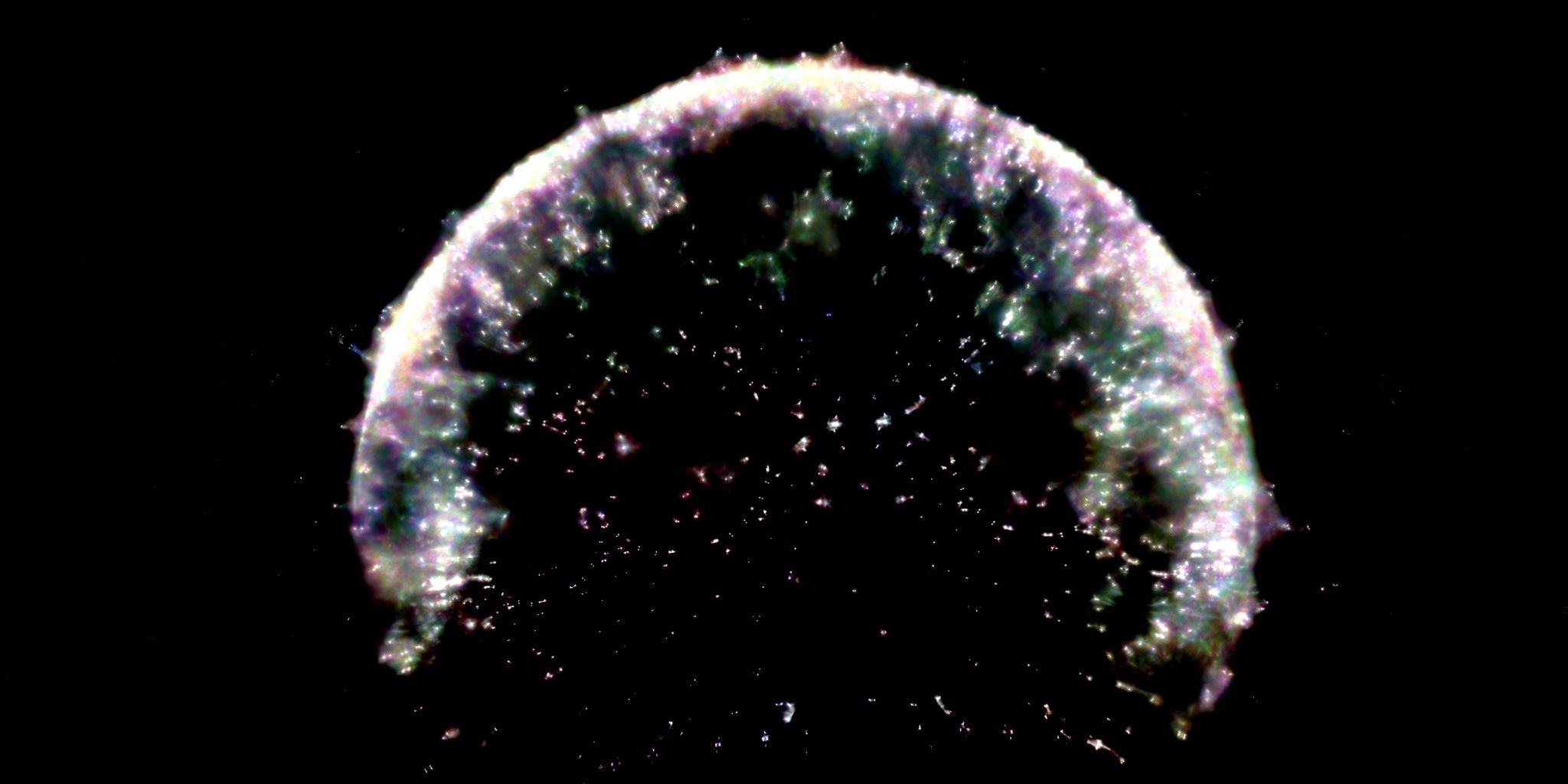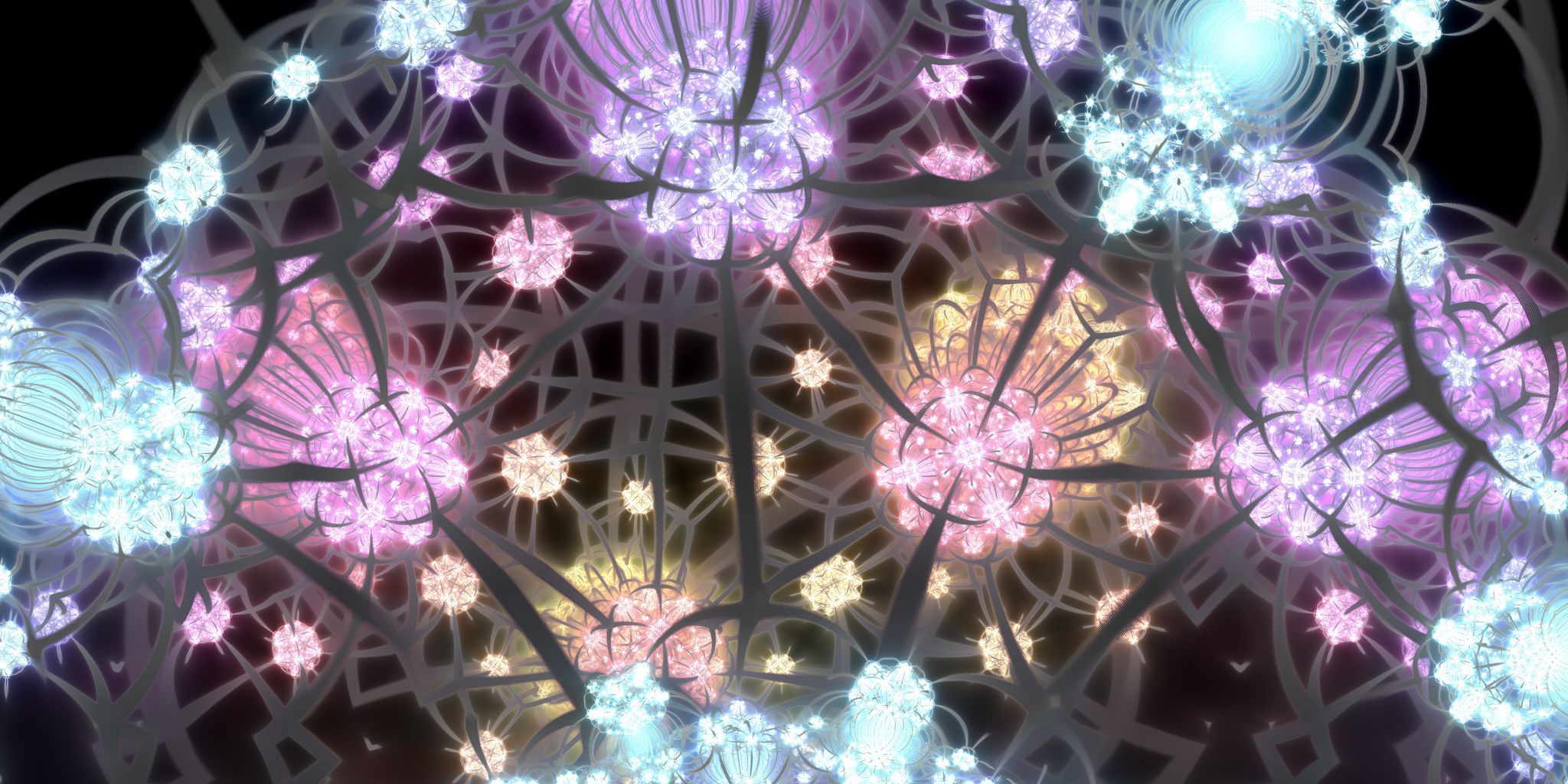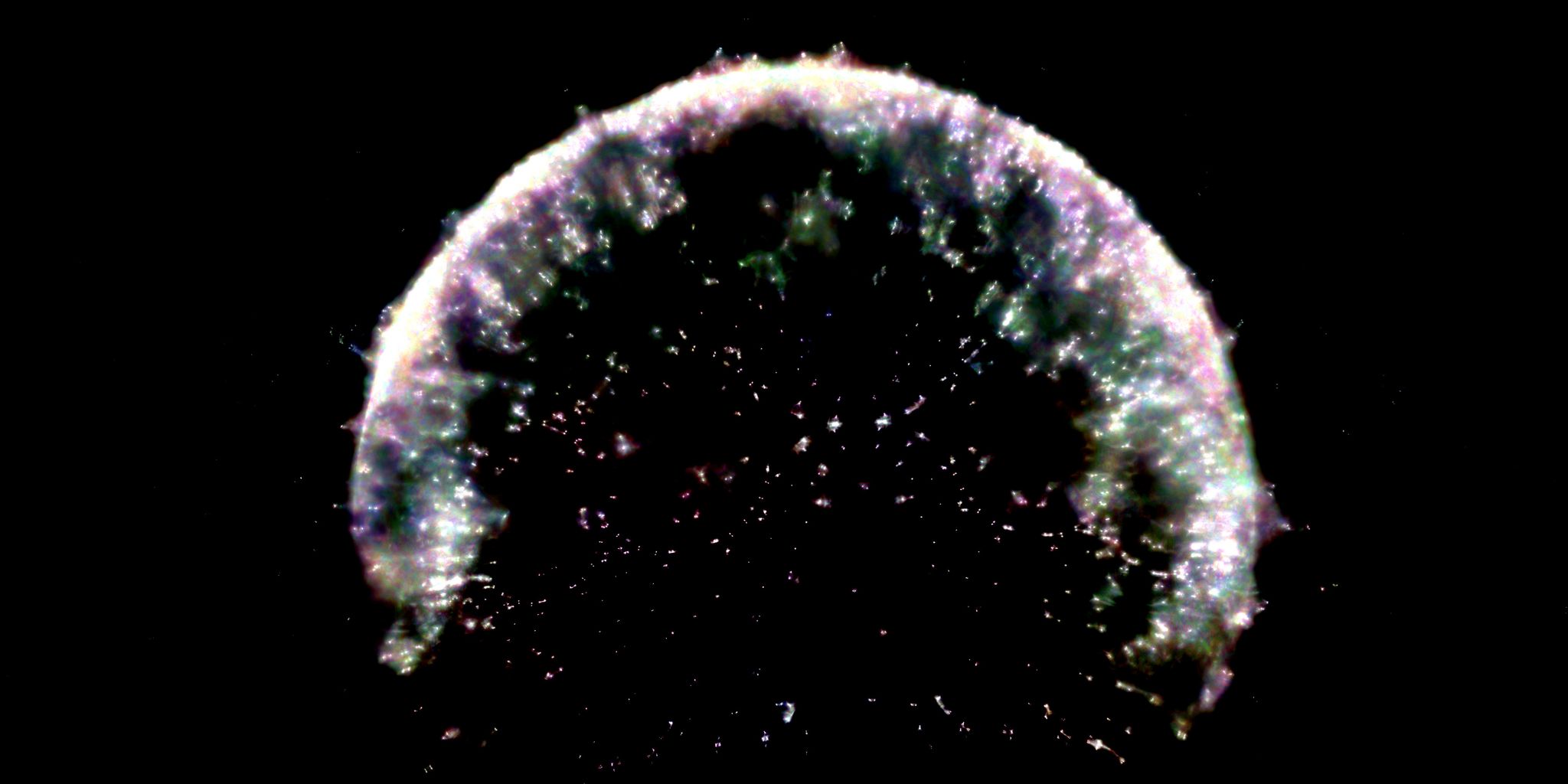Philosophy
日本語
 Philosophy / 哲学2023/3/3 20:212025/8/0 12:43
Philosophy / 哲学2023/3/3 20:212025/8/0 12:43Overflowing Curiosity
Philosophy situates us on a map.
Updating philosophy leads to different actions and values. Could philosophy be present like we are breathing?
Some may choose to maintain a void distance from philosophy, considering it as personal freedom: “this is not my business.” However, if we want to regain the perspective we were originally given by Mother, we need to pay attention to the cunning social structures of modern society that unjustly make us feel that way. In reality, an invisible prison of rules, regulations, and culture has spread among individuals in society. Are we aware that we are being silently but socially forced to conform? Those who realize this are naturally few, and it is necessary for them to be few.
Do you possess overflowing critical thinking energy from within yourself? If you don't, then your values (philosophy) are already rigid and rotten. If you felt uncomfortable hearing this, it's highly likely that you're truly rigid.
The difference in reactions of each person when encountering unknown concepts or phenomena is easy to understand. If there is a driving force in you, you should investigate it voluntarily. We must not forget the overflowing curiosity we received from "maternal instincts" during childhood. In that, there is an endless ebb and flow of comfort and anxiety.
I want to point out that a strong collective knowledge society implants these attitudes. The shape that people have progressed towards over generations can be seen there. It may be the appearance we have been wishing for even beyond generations. This is not irony. I'm serious.
Contemporary Philosophy
To determine something based on dichotomy (criticized in Deconstruction), to think superficially by letting oneself flow with fashion (criticized in The Sickness unto Death), and to find correctness always from the majority (criticized in On Liberty). Through resistance (criticism), I pursue what becomes visible.
With gratitude and respect for the works of Masaya Chiba, I hereby compile contemporary philosophy through my perspective.


Where does philosophy come from?
Philosophy can be updated through experience or learning, or by receiving wisdom from books or encounters. I believe that these encounters and real-life experiences intersect and coalesce in a messy flow of thought that can suddenly give greater significance to previously unclear or unconsidered ideas.
It is important to weave these encounters and experiences together, as the murky interplay between reality and imagination, consciousness and unconsciousness, is where one can truly dance. This is where it shines brightest.
There is no end to this dance; we never reach the world we seek. In fact, sometimes it seems our thoughts push the world even further away. Generation by generation, we have embarked on this philosophical expedition.
The limitations of our own existence (we are finite), rather than our lack of curiosity, are what cause us to pursue philosophical inquiry. This is a conversation about the depths of the human experience, as well as the emotional response to the world we perceive.
The values I hold, experienced through my own body, have been shaped by many encounters. A mirror-like self exists within me, and their pleas and struggles form part of a vast intersection of looping cycles. A multitude of beliefs and feelings coexist within me, often conflicting with one another, but it's not about right or wrong.
I have no intention of evaluating or comparing philosophy. The moment I become conscious of attempting to evaluate it, I find myself confined to a small, uncomfortable space that doesn't even exist. All I can do is to pursue what I want and do as much as I can.
I believe philosophy is an essential, infinitely expansive space and can be viewed as a computer platform that updates human and social values.
The Universe and Perception
Do we all experience the desire to reach out to the universe when we contemplate life and existence?
Modern science explains the universe's origin through the Big Bang theory. If that is the case, this world can be seen as both inherited continuity and the remnants of the universe in the past.
Mathematician and philosopher Charles Sanders Peirce pursued the philosophy of Tychism, suggesting that our sensory perceptions, perceived through our five senses, are the universe's remnants themselves.
This idea evokes undeniable empathy, simultaneously conveying cosmic evolution's grand image and the individual's potential. However, there is an important factor that cannot be ignored: time.
The universe's structure from the Big Bang to the present day and the sensory remnants from the ancient universe to the present day are inevitably embedded with the concept of time, which also has a direction. If that is the case, we may seek another philosophy to enter into "existence" itself, whether it is us or the entire universe, or even larger scales. Have you felt the same way?
According to Kiyoshi Oka, known for his work in Function of several complex variables, humans exist within the "time" of the past and present, but he points out that it is not truly "time." In my interpretation, the classification of past and present is merely something that can be shared through human senses, and Peirce was no exception. On the other hand, what we call "time" may not necessarily have a direction that can be intuitively understood by humans, nor may it be of that kind at all.
Ultimately, both "time" and "space" are dimensions conveyed through sensory perception and do not extend beyond the realm of human senses. Although the existence of small worlds, such as subatomic particles, or large worlds, such as galaxy clusters, has begun to be recognized in natural science, the West has not yet arrived at the idea of revising its current position with those worlds as the center. This becomes a problem that cannot be avoided in religion.
Beyond Existence
When we think about "existence" without deconstructing our thoughts, we also simultaneously think about "non-existence." This is a typical zero-sum thinking. Have you ever considered what would happen if a state that is neither of these is affirmed?
This sensation is similar to the pre-observation state of quantum mechanics observed in Schrodinger's cat. In 2022, a claim emerged that the human brain is in a quantum state, which is related to the difficulty of explaining consciousness in modern science. This is known as quantum brain theory, originally proposed by Roger Penrose, who was awarded the Nobel Prize in Physics in 2020.
Around the Big Bang theory, the question of what the Big Bang was born from always arises. One of the leading explanations is that "even if the universe space is a vacuum, it is precisely in a quantum vacuum state, and vast amounts of energy are condensed.”
It is claimed that during the Big Bang of cosmic inflation, the state was not truly nothingness but a quantum vacuum state, which still exists today. The energy that fills the quantum vacuum is called zero-point energy and can be connected to Einstein's theory of the continuum of spacetime.
Since the quantum vacuum is truly a vacuum, no decay occurs. Information energy, including sensation, is purely a wave, including its propagation, but since no decay occurs, it means that the wave will exist forever. FOREVER. Visible light and other waves inevitably decay by propagating through a medium and changing direction to output when received by a receptor. It can be said that these phenomena do not occur in the quantum vacuum.
If we assume that the wave remains forever, then there is no longer any distinction between old and new in time, so the past, present, and future that we think and feel may all exist simultaneously there. It may also include all representations and the reality.
Zero-Point Field
The energy field that maintains the quantum vacuum state is known as the Zero-Point Field (ZPF). The encounter with this idea was through the book by Hiroshi Tasaka, who is both a nuclear physicist and a business scholar.
The "difficult hurdle" that many people feel is an important aspect here. The difficult hurdle refers to the cognitive load of rejecting the ZPF, which has been the result of much wisdom and thought, without any clear reason. The author cites the example of the Big Bang theory, which was initially rejected but ultimately supported by the discovery of cosmic microwave background radiation, as a cautionary tale.
To conclusively deny something as impossible, one must be sufficiently prepared. This is not an easy task. Many people unconsciously reject the ZPF due to cognitive biases without any preparation. Will people become conscious of this hurdle's existence? They should take a moment to consider whether we possess any evidence to theoretically refute Albert Einstein's theory of relativity or Yoichiro Nambu's pursuit of the superstring theory. If not, the minimum we can say is "we don't know.”
The ZPF is an event that modern science cannot logically explain, and it holds the potential to rationalize phenomena such as consciousness, déjà vu, and intuition. The ZPF can reach the idea of crossing not only time but also space due to the perfect non-decay of the wave, unifying different religions.
Alayavijnana Consciousness “阿頼耶識”
In the Buddhist Yogacara philosophy, the Alayavijnana consciousness holds that past and future causes exist simultaneously. Similarly, in the Prajnaparamita and Avatamsaka Sutras, the concept of "form is emptiness, emptiness is form" suggests that the world or form arises from ultimate reality or emptiness, and the doctrine of "one is many, many is one" embodied in the Great Buddha in Nara, Japan also reflects this idea. In Indian philosophy, the concept of Akasha posits the existence of a medium that records all information since the birth of the universe.
Regarding the relationship around the birth of the universe (and how it connects to us), let us defer to Kūkai's concept of Sokushin Jōbutsu, that is, the unity of Brahman and Atman.
In these worldviews, our conventional notion of time does not necessarily apply, and we must reconsider the concepts of life and death. If we can de-emphasize the idea of time, it becomes easier to explain phenomena such as children recalling memories of past lives and near-death experiences. All information exists in this space, and what we perceive as continuous or fragmented is a matter of interpretation.
All information is embedded in the universe, and it can be regarded as a form of consciousness.
Cosmic Consciousness
Humans acquire self-recognition through external world perception by learning words such as personality and character. Without this, they cannot maintain self-preservation. This is the concept of "Kyaku-Ga 客我" in what Yoichiro Miyake discusses, or "ego" in Lacanian psychology.
From the perspective of cosmic consciousness, the ego cannot remain fixed and instead moves towards touching upon the cosmic consciousness. This is akin to the state of "Satori" in Buddhism, and the state of the "Transpersonal Self." It is an approach to god, as defined by various religions, and an encounter with the subject.
ZPF can be considered to be something that can merge with or be identified as god. We may be cosmic consciousness, and the thought of it can give us a momentary but dreamy sense of tranquility.
With Art
I have been wrestling with the never-ending madness or curiosity that "the surface world can be described using mathematical expressions such as fractals and trigonometric functions." I continue to embrace this madness with art that I define for myself.
ZPF pours colors of light on my map.
It challenges us to come closer.
I realize that it is me.
